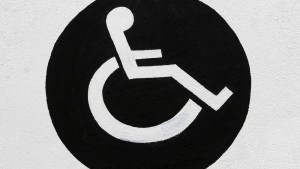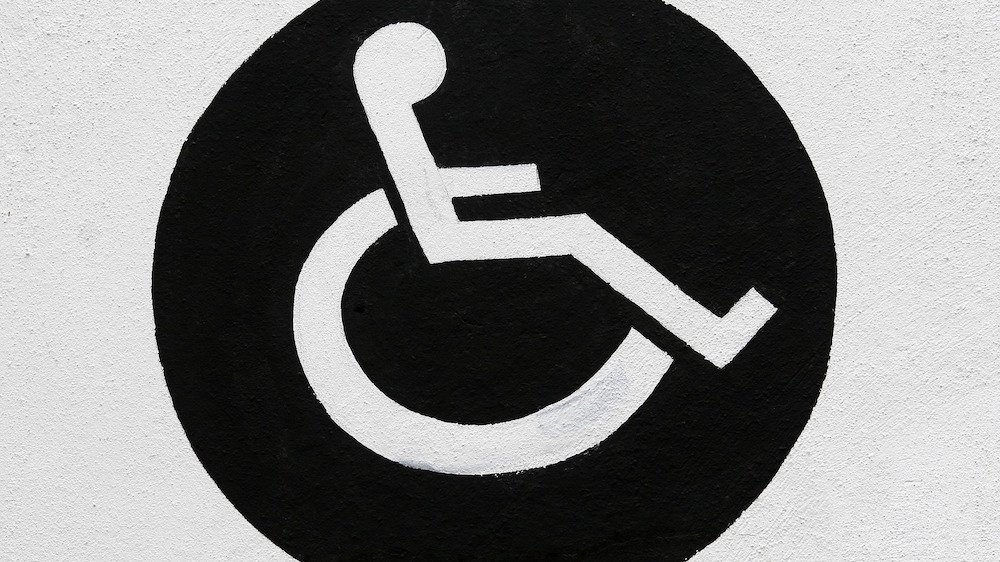There is no official or reliable data existing to show how many disabled people are on boards, despite drives for diversity in recent years.
Commissioned by NonExecutiveDirectors.com, the research has shown that while the issue of women’s representation on boards has gained real traction in policy and practice over the last decade or so, there does not seem to be any similar movement for disabled representation.
Matthew Roberts, CEO at NonExecutiveDirectors.com says: “Disabled people who have talent, skill and experience should have fair and reasonable access to the board room and we cannot ensure this is happening, let alone improving, without us first knowing the numbers of people currently serving on boards.”
Any data that does exist focuses on the most disadvantaged in this group – such as those not in work or with low skills – and the discriminatory barriers they face, but there is nothing to show that disabled people are also high achievers.
Roberts continues: “We could find no official or reliable data that showed the number of disabled board directors and it seems there is no legal requirement at all to report this information.
“Diversity does not simply mean having female representation, however essential they are in bringing positive changes to the dynamics of a board and skills such as astute risk management.
“If there is no data on disabled people on boards – and no legal requirement for public or private companies to report on this – we must ask ourselves if there is a lack of concern about this issue.
“In companies where employees are supposed to be core stakeholders and thus given proper representation in the decision-making process, there is no requirement for disability on boards to be reported.”
While awareness of gender, age and ethnicity has grown it seems disability comes a poor fourth in the exploration of diversity.
Business Consultant and experienced Non-executive Director Neil Barnfather (MBE), who is also blind, says: “In 2016 we shouldn’t be having this conversation, but at the same time I’m delighted this issue is being highlighted. It’s about time we get people talking about disability on boards in the same way they do about women.
“In addition to the fact that boards must not miss out on talented people – abled or disabled – disabled people in society must be represented at the highest level so their input and experience can be considered in the decision making process.
“From a cost point of view, meeting the needs of disabled people from the get-go is better than finding there are problems afterwards and having to rebuild. Also, one must take into the account the costs of non-compliance in terms of fines and litigation. In turn, this point of view is relevant for all sorts of sectors.
“However – and this is a big however – disabled people must be on boards not purely to oversee disability issues but to offer their talents, skills and experience at c-suite level.”















